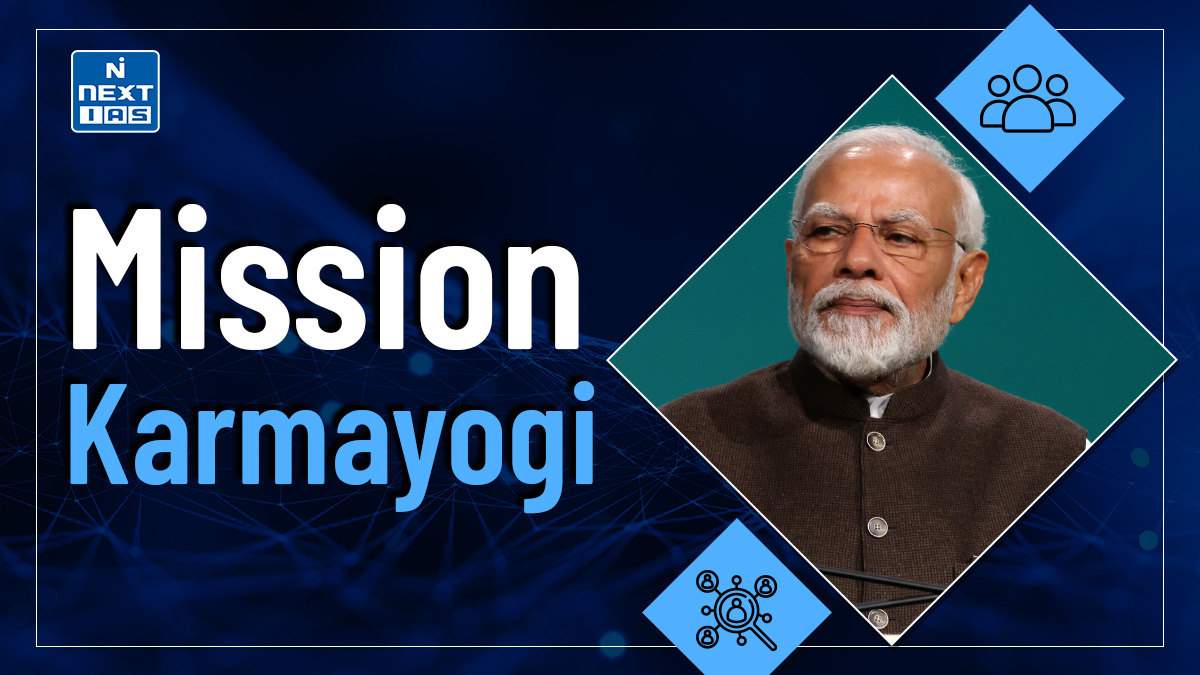
DISHA (Early Intervention and School-Readiness Scheme) is a Government Scheme for Children with Disabilities, promulgated under the National Trust Act. It provides early intervention services, therapies, and training to children aged 0 to 10 years to help develop necessary skills for inclusive education and social integration.
About DISHA (Early Intervention and School Readiness Scheme)
- DISHA (Early Intervention and School Readiness Scheme) plays a significant role within the National Trust Act of 1999 to help children with developmental disabilities such as autism, cerebral palsy, mental retardation, and multiple disabilities.
- This scheme is designed for children between the ages of 0 and 10, with early intervention to promote physical, cognitive, and emotional development during their formative years.
- DISHA centers provide an organized setting where children undergo specialized therapies such as physiotherapy, occupational therapy, speech therapy, and behavioral intervention.
- The program also educates and counsels parents and care providers for continued support at home.
- The preparatory training focuses on teaching children life skills and readiness for school, enabling them to pursue inclusive education and participation in society at large.
- This scheme is really important for improving quality of life for disabled children and their families, providing them with tools for a more independent life and for mainstream integration.
Features of DISHA (Early Intervention and School Readiness Scheme)
- Target Group: Children 0-10 years old with developmental disabilities, including autism, cerebral palsy, mental retardation, multiple disability, and all forms of developmental disabilities.
- Early Intervention: Therapy as well physiotherapy, occupational, speech, and behavioral treatment for developmental delay.
- School Readiness: The initiative offers preparations for inclusive education to develop critical cognitive, communication, and social skills to participate in inclusive environments.
- Parental Support: Provides counseling and training to parents and caregivers to help them better contribute to progress at home.
- Customized Care: Most personalized intervention programmes suit specific individual needs.
- Capacity Building: Doubles the chances of increasing independence and adaptability in children to improve broader society adoption.
- Inclusive Approach: Focuses on bridging gaps between children with different disabilities with the mainstream education systems.
- Community-Based: Applicable through registered organizations and centers under the National Trust Act.
DISHA has been designed to ensure not only holistic development but the confidence and inclusion of a disabled child in society as well.
Objectives of DISHA (Early Intervention and School Readiness Scheme)
- Early Identification: Detect developmental disabilities in children at an early stage to provide timely interventions.
- Therapeutic Support: Offer essential therapies like physiotherapy, occupational therapy, speech therapy, and behavioral interventions to address developmental delays.
- Skill Development: Equip children with basic cognitive, communication, and social skills to prepare them for inclusive education.
- Empowerment of Parents: Train and counsel parents and caregivers to actively participate in their child’s developmental journey.
- Inclusive Education Preparation: Facilitate school readiness by bridging gaps between children with disabilities and mainstream education systems.
- Holistic Development: Promote physical, emotional, and cognitive growth for better adaptability and independence.
- Social Integration: Enable children to actively participate in society by improving their confidence and self-reliance.
- Improved Quality of Life: Enhance the overall well-being of children with disabilities and their families through structured support and interventions.
Significance of DISHA (Early Intervention and School Readiness Scheme)
The early development phase brings immediately timely and urgent interventions during the critical stage of development (0-10 years) and helps in addressing disabilities and its busy prevention interruptions.
- School Readiness: Focuses on building the skills that promote academic and social success for children with disabilities before they enter inclusive education.
- Parental Empowerment: Parents and caregivers are trained to provide knowledge and skills to empower them in raising their children and taking effective care of them and cement the child’s going on at home.
- Cross-talk Growth: Support provides interventions and treatment that uplift cognitive, physical, emotional, and social development where children can live more self-determined and fulfilled lives.
- Social Inclusion: Creates a bridge between disability and mainstream education and makes the society more present.
- Better Quality Life: Improves the quality of life of children and their families because of reduced stigma and increased integration possibilities.
- Supporting Ecosystem: Community and institutional support systems for children with disabilities strengthen creating a network of further resource accessibility.
DISHA ensures a better future for children with disabilities by enabling their development and inclusion.
Lacunae in DISHA (Early Intervention and School Readiness Scheme)
- Limited Coverage: The scheme is mainly applicable to urban and semi-urban areas, while rural areas remain neglected and underserved.
- Inadequate Infrastructure: Most DISHA centers lack adequate infrastructure, equipment, and trained personnel to provide quality intervention.
- Awareness Gaps: Low awareness about the scheme amongst eligible families means almost non-utilization of its benefits.
- Shortage of Specialists: The delivery of services is hampered by a lack of adequately trained therapists and counselors.
- M&E: Limited mechanisms for monitoring the program’s implementation and evaluating its outcomes provide grounds for accountability and inefficiency.
- Funding Constraints: Financial constraints and delayed disbursement of funds hinder proper function of the centers.
- Focus on Inclusivity: The transition from early-intervention programs to inclusive education is rarely without glitches, with gaps in coordination existing between DISHA centers and mainstream schools.
- Parental Support Difficulties: A section of the parents counseled find it difficult to sustain proper interventions at home due to time or resource constraints.
Addressing these gaps would positively impact and improve the effectiveness of the scheme.
Key Pointers on DISHA (Early Intervention and School Readiness Scheme) for UPSC Prelims
- Purpose: Early intervention and school readiness in respect of children aged 0-10 years with developmental disabilities.
- Target Group: Children having autism, cerebral palsy, mental retardation, and multiple disabilities.
- Parent-Centered Support: Involves counseling and training for parents and caregivers so that they can facilitate the child’s development within the home.
- The Therapies Provided: Includes physiotherapy, occupational therapy, speech therapy, and behavioral intervention services.
- Under The National Trust Act: Implemented by the National Trust, a statutory body under the Ministry of Social Justice and Empowerment.
- Focus: Makes them ready for inclusive education and enhances their physical, cognitive, and emotional development.
- Implementation: Implements services through registered organizations and DISHA centers.
- Importance: Facilitates social inclusion along with school readiness and integrated holistic development.
- Challenges: Limited reach, poor infrastructure, funding delays, and low awareness among beneficiaries.
- Objective: To empower all disabled children to come on mainstream education and into society.
Way Forward
However, in the way ahead, DISHA’s outreach will penetrate more rural areas, seek to improve its infrastructure and specialist training provisions for therapists, increase awareness and outreach to parents and raise the bar on monitoring. The scheme could also be made more effective in promoting inclusive education with apt coordination with schools, consistent funding, and improved detailed support.
Conclusion
The DISHA Scheme is the Early Intervention and School Readiness Scheme, which encourages the participation of children with developmental disabilities both by providing early intervention and developing skills at the same time. It has significantly improved children’s quality of life by encouraging inclusive education as well as family empowerment focusing on integration within society and school systems.





